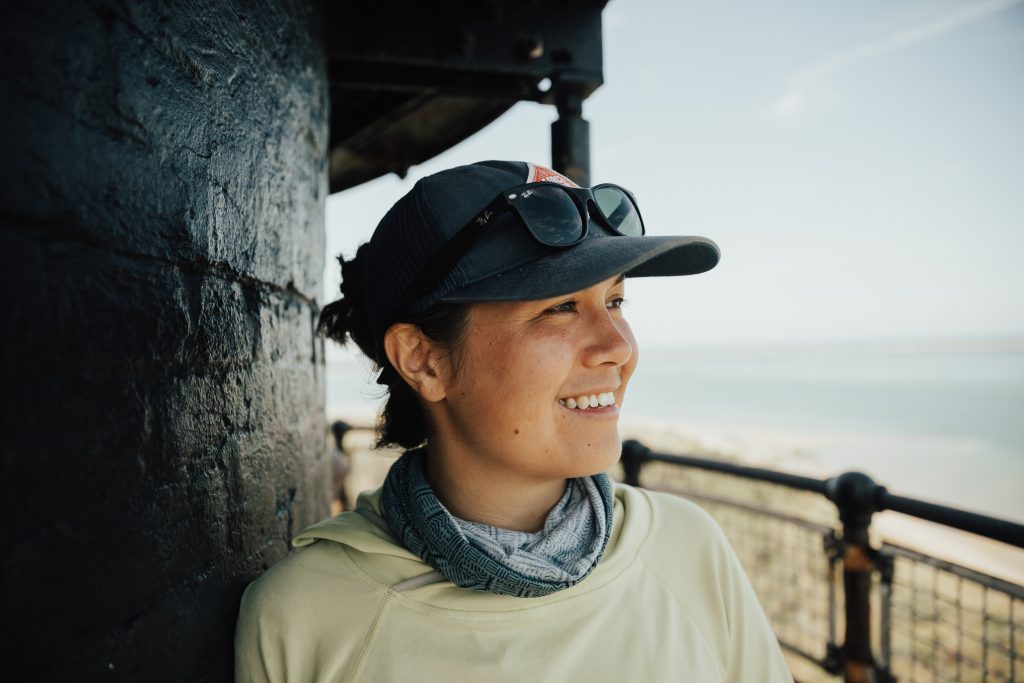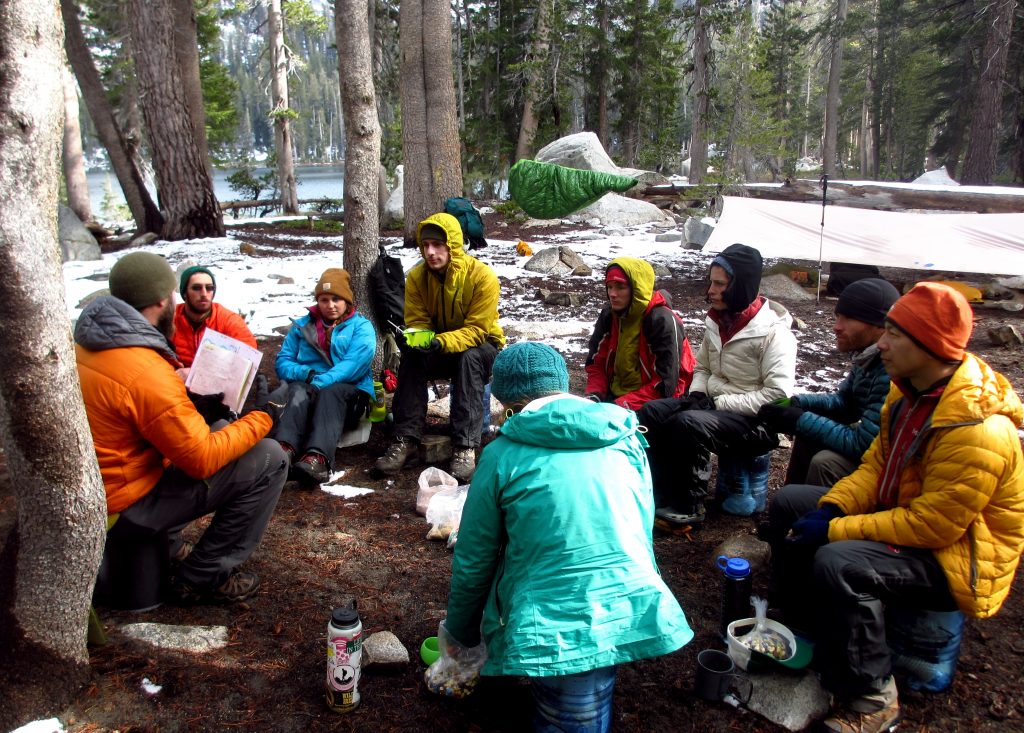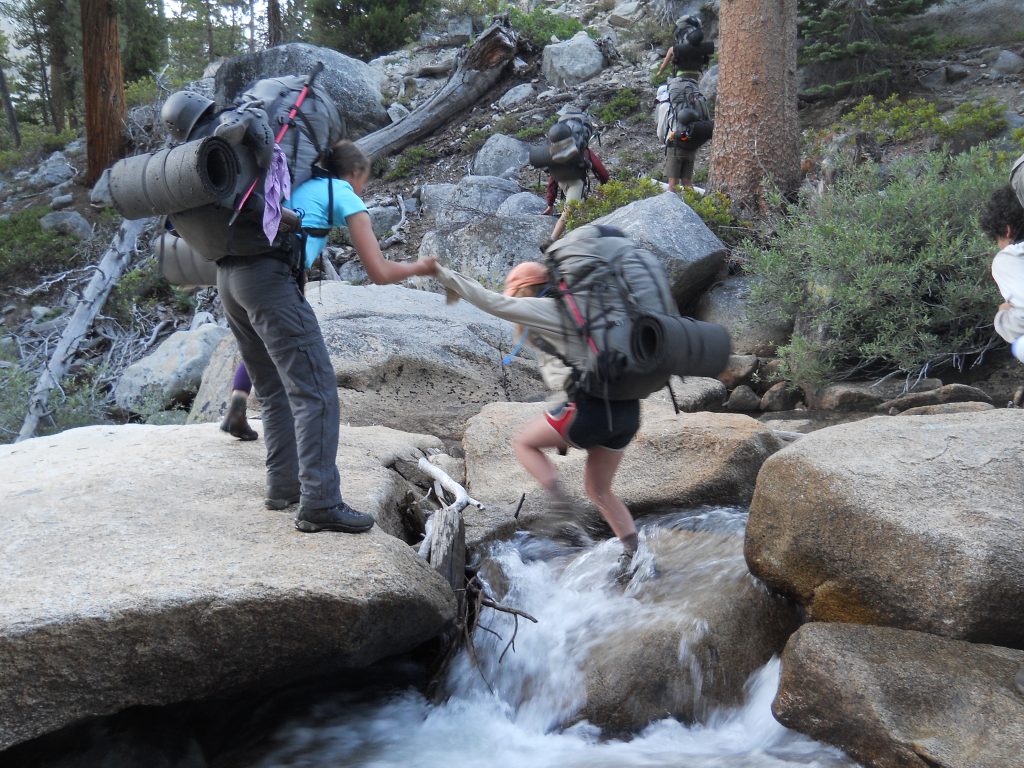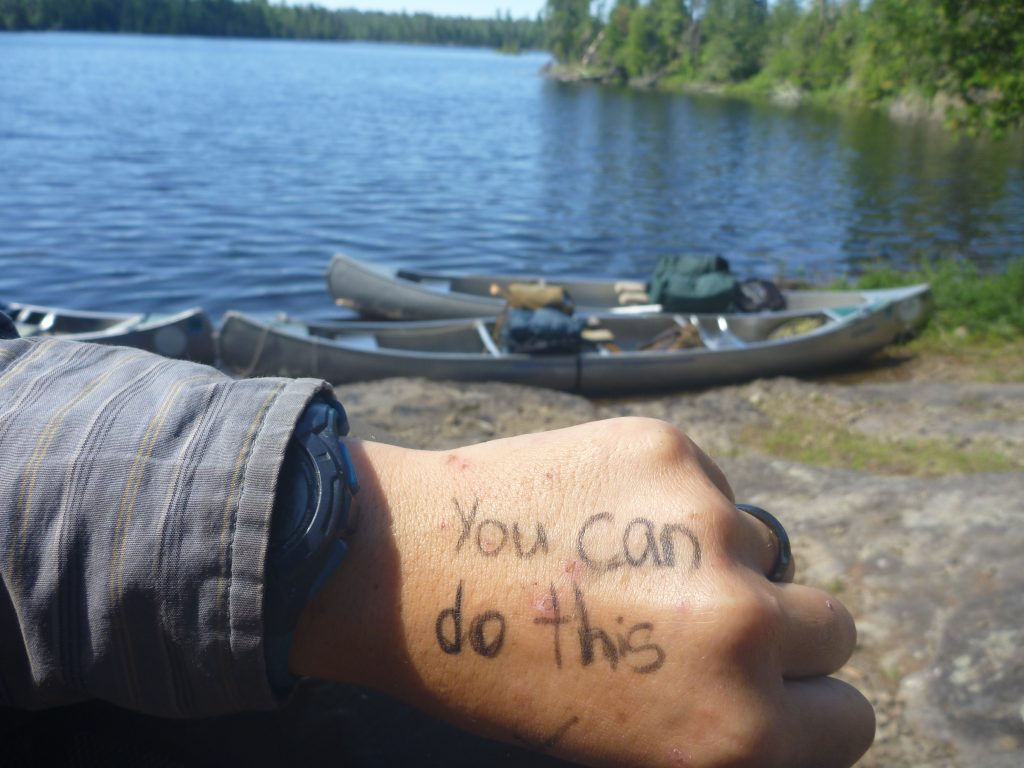Working as a field Instructor, we’re challenged to navigate all facets of our being. We learn, live, play, work and lead with our co-workers, sometimes our supervisors, and often our students. It’s not a question of how we do it, but how do we do it well?
I remember experiencing burnout for the first time, and I was scared to share how looking at my upcoming season was affecting me personally. I didn’t want to come across to my supervisor as weak or unequipped to work, but I also knew I had to prioritize myself. To be solution-oriented, I had to first admit there was a problem. I had anticipated our meeting, but upon settling into it I felt at ease and respected for being upfront about it. My supervisor was open to hear my concerns, and I felt understood. Together, we brainstormed options, and neither of us were left in the dark.
It was a great learning experience because I realized how simple it all was after I left the meeting. Honest, open communication and hearing one another’s perspective, followed by finding solutions together is all there is to do. I felt more refreshed, relieved even, and inspired after it than I had been in a long time, because what’s rooting us in our work is compassion. Yes, the job must get done, but let’s do it in a way that fosters our empathetic understanding of one another. The meeting between us was conversational and honest. Of course, it was hard, but it was what was needed to strengthen our working relationship with one another, and ultimately understand a little bit more about each other as people.

Photo by Instructor Rachel Veale
My hope is for any workplace to hold space for people to express how their work is affecting them, because it’s true that we can’t avoid bringing our whole selves to work. For us to feel supported, sometimes we have to ask for it. Creating that culture doesn’t start from the top down. If we want to sustain our happiness, and feel fulfilled at work, then we must advocate for it.
Because our working selves are entirely that, ourselves. We bring our whole selves to work.
Connection First, Success Second
Working in outdoor education, I’ve witnessed the careful intentionality by which the workplace is created—with everyone’s best interest in mind, valuing honesty and respecting the differing opinions of others. But out of all the contributing factors, a stand-alone breadwinner is the fact that we not only embrace mistakes, but celebrate them. We approach situations, with a solution-oriented mindset and know that failure is fundamental to our learning. So let’s fail! With that mentality, we can more fully become ourselves, feeling successful in facets of our working lives.
In order for us to be successful at our jobs, bringing the best version of ourselves, we need to feel connected to the people we’re working with, believe in our mission and know that we’re accepted. It’s the experiences we have that shape who we are, and instead of trying to leave those behind as we walk into work, why not integrate it into how we move forward from, perform and interact genuinely and graciously with our co-workers? The more we know about the people we work along with, or serve, the more fulfilled we are and better at achieving our goals.

How are you?
As Instructors working in the field, we’re constantly on the move and thinking on our feet. What’s best for our students? How we can we challenge them? We check in frequently and deliberate the options we have. These meetings allow us to share our observations on the group, give ideas and offer feedback to each other. I love meeting with my team as often as I can; it helps us stay on the same page and keep our plans consistent. But I’ve also fallen into the trap of not actually checking in with my co-workers’ well-being—starting a meeting without pause, without intentionality.
I’ve forgotten on occasion to ask how my co-workers how they were doing just as people. “How are you?” That simple question, with genuine intent, can bring us closer. Knowing that while we are working together, often under stressful situations, our priority is still to be supportive of one another. Before the stress of the students, or maybe a project deadline set in, try and recognize that it could stress out those who are in it with you, as well. Before brainstorming solutions to how to overcome what’s in front of you, ask yourself and your team, how they are.

Bring it Through the Door
Mike Robbins, author of Bring Your Whole Self to Work: How Vulnerability Unlocks Creativity, Connection, and Performance, mentions in his TedTalk that the two things organizations need to provide for their employees is healthy and high expectations, and healthy and high nurturance. I love this. We can’t perform with excellence if we aren’t taken care of or working in safe spaces to be ourselves.
What kind of culture is created if employees are told, “check yourself at the door; leave your personal stuff behind.” That dehumanizes us and creates a culture that hides what connects us. The experiences we go through, the suffering or joy that lives within us—that is who we are, and in turn is how we work. So, bring it through the door. Be honest with what’s expected, and then be honest about how we’re doing. We need to work intimately. Erase the thought: “but it’s a workplace,” and instead think, it’s our workplace.
If we create a persona at work that we don’t want to go home with, why create them at all? Maybe love is a stretch, but we should feel good going to work because we feel good about ourselves there. And if we’re able to bring our whole selves to work, and can feel confident and supported through that, we will be who we want to be at work—happier to be there and perform at an expected and exceptional level.

So yes, why not share that you’re having a tough time, the things you’re actively and productively doing to try and deal with it, and telling them how they can best support you, with your supervisor? That is the culture we should be creating. And to share these things with our colleagues, we first have to create the space for it to be shared, encouraged and accepted. Being honest that you’re just having a bad day, or that you are nervous for an upcoming presentation, is being courageous. This ability can highlight your emotional intelligence, social awareness and confidence in your own skin. And rather than turn away from your co-workers, you can look to them for support.
Outward Bound is a perfect example of the mantra: you can learn something from anyone. There’s leadership at every level; let’s practice acknowledging and encouraging space for that more.
When we bring whole selves to work, the uniqueness of an individual’s leadership blossoms. We learn from one another when we’re growing alongside one another. There is no top-down or bottom-up algorithm. All we need to do is encourage those who surround us to show up, and be nothing other than themselves—no matter their position, status or life circumstances. It all matters.
About the Author
Blaine Weiss is an outdoor Instructor who works primarily with the FINS and Intercept programs of the North Carolina Outward Bound School. With a background in film and writing, she seizes the opportunity to fuse her interests in the creative arts with her love of the outdoors.




